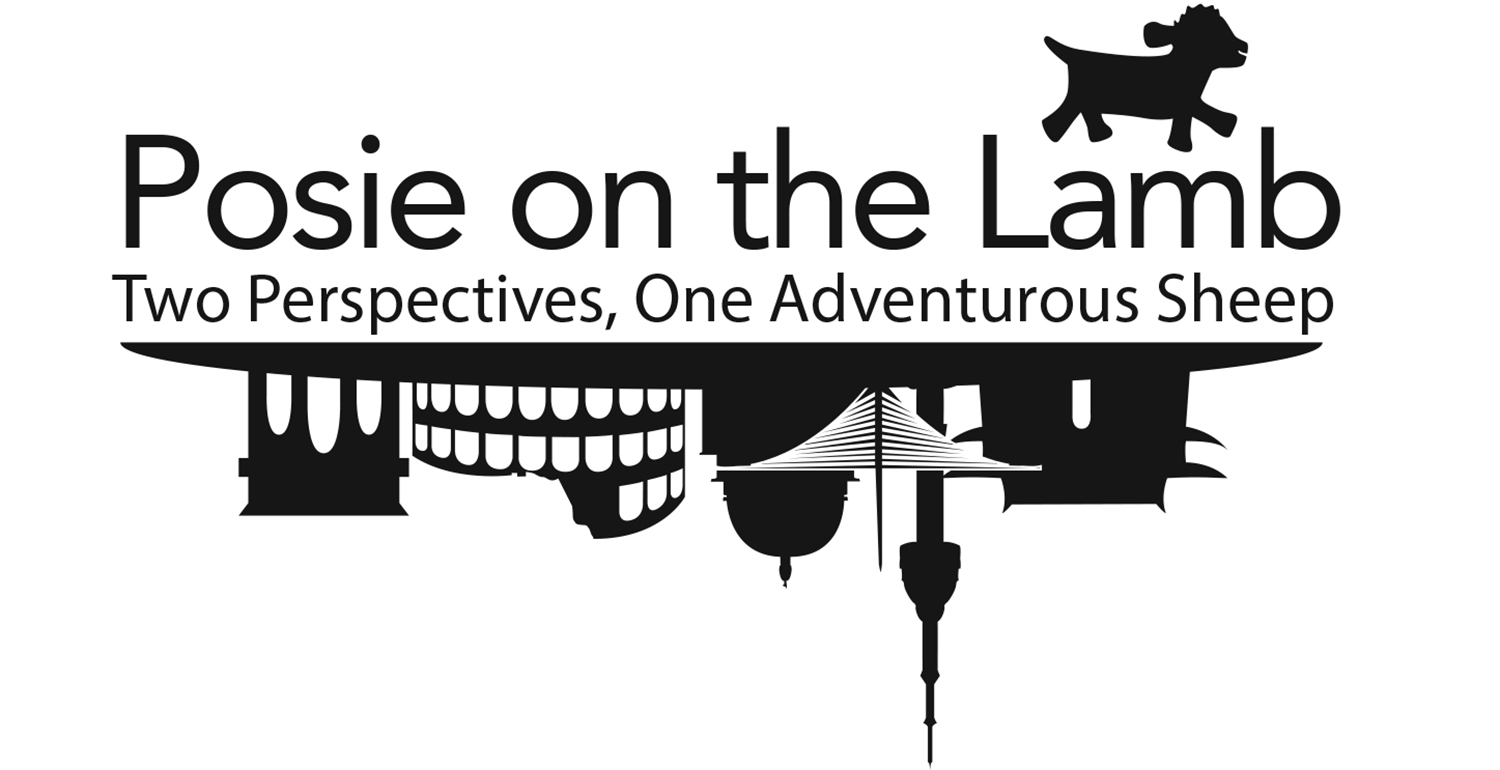Insert Gibberish Here

After weeks of self-study and practice, I’m finally able to embarrass myself in Vietnamese. (Cross that off the bucket list!)
I can’t take all the credit, though. I owe a lot to the Vietnamese language on this one.
Vietnamese, like Chinese, is a tonal language. How you say a word changes its meaning. This seems like good news; while studying Korean I complained about the language’s relentless monotone. As an English speaker, I like using inflection to convey meaning. If, say, a pack of killer monkeys was roaming through the house, I could use a single word to express a range of emotions.
To wit:
- “So?” - So, did you remember to shut the door so the killer monkeys don’t get in again?
- “So?” - So what if I let in a monkey or two? What’s it to you?
- “SO!” - So you’re the jerk who let the monkeys in!
- “So…” - So… are we going to do anything about that monkey chewing on Carl?
But in Vietnamese, this would have different results:
- “So?” - So, did you remember to shut the door so the killer monkeys don’t get in again?
- “So?” - kumquat
- “SO!” - to wash cows with a circular motion
- “So…” - an abundance of marzipan
In tonal languages, how you inflect a word ACTUALLY CHANGES THE WORD. Vietnamese has six tones. That’s six potential meanings per word. Any three-word sentence—How are you?—has 216 possible inflection combinations.* Messing up is a statistical certainty.
So I memorize everything by rote, (a system of learning I’ve railed against as a teacher). But instinct keeps getting in the way. You know the way your voice naturally rises at the end of a sentence? Like it is reading this sentence right now? Try turning that off. It’s hard to do even when you’re thinking about it. In real-life conversations, you don’t stand a chance. Trust me on this.
And if you don’t feel sympathy for me, think about the poor Vietnamese people trying to understand me. After my very first language lesson, I went downstairs and confidently greeted our doorman with a big Vietnamese hello.
He blinked.
“Hello?” I repeated, less confidently.
Alarm swept across his face. He rose from his chair and indicated a desire to be helpful.
“He-llo.” I articulated and added a wave for clarity. “Hi? Hello?”
He didn’t say anything, but his expression didn’t need translation. Oh my god, what does this crazy woman want from me?
I retreated into English as he bolted. “No, no, Vietnam hello. It’s ok! Vietnam hello!”
Later analysis indicates I may have been proclaiming, “Porridge! Porridge photos.” Not my finest moment.
Back in Korea, my language attempts made people laugh so hard they’d snort ramen out their noses. But butchering a tonal language leaves everyone confused. Even when I’m wrong, I’m still saying something, and it’s usually gibberish.***
My current strategy is to memorize the sentences like song lyrics and sing them. This keeps all the slides and falls in the right place. It also makes me look like an idiot. Imagine a massive marshmallow foreigner wandering into a café and unleashing opera in your general direction. Consider how you’d feel as she plopped down at a neighboring table and crooned, “I want…to ooooor-der TEEEEEEA.” And is that any less creepy than the woman at the next table, who’s smiling unaccountably and addressing you in a normal speaking voice: “Porridge photo, porridge photo. Lustrous corner air?” You’d get your coffee to go, wouldn’t you?
In case that imagery isn’t enough, here’s a clip from Big Bang Theory that illustrates my predicament perfectly. But DON’T LAUGH. It’s not funny. This is a real problem hurting real people.
I told you not to laugh.
-Erin
* This is a worst-case scenario. Not all words have the full six variations.
** Depending on the tone, you also start the word in a different vocal register. For example, the number one is said in a low voice like Papa Bear, two and three are up high like Mama, and four sliding upward like an inquisitive Baby.
*** Robert Olen Butler addresses this in his gorgeous book A Good Scent from a Strange Mountain, in which a young Vietnamese girl loses her heart to an American over a linguistic misunderstanding about a duck. These are perilous issues, people.
